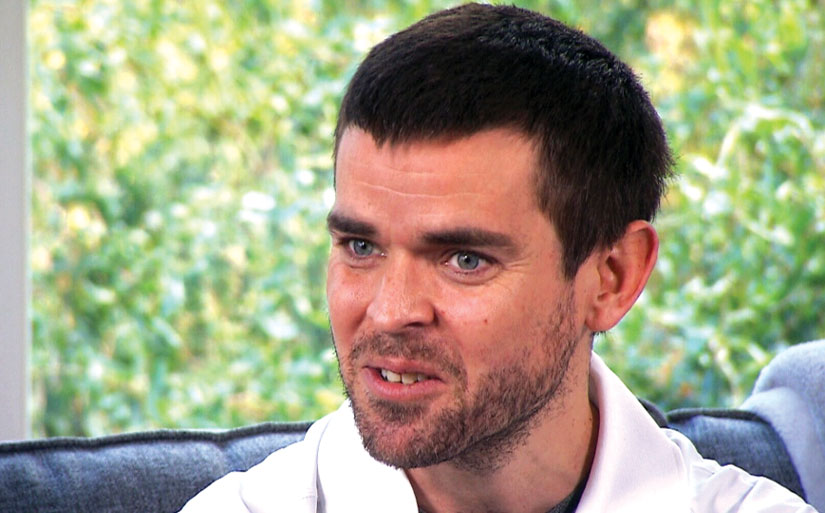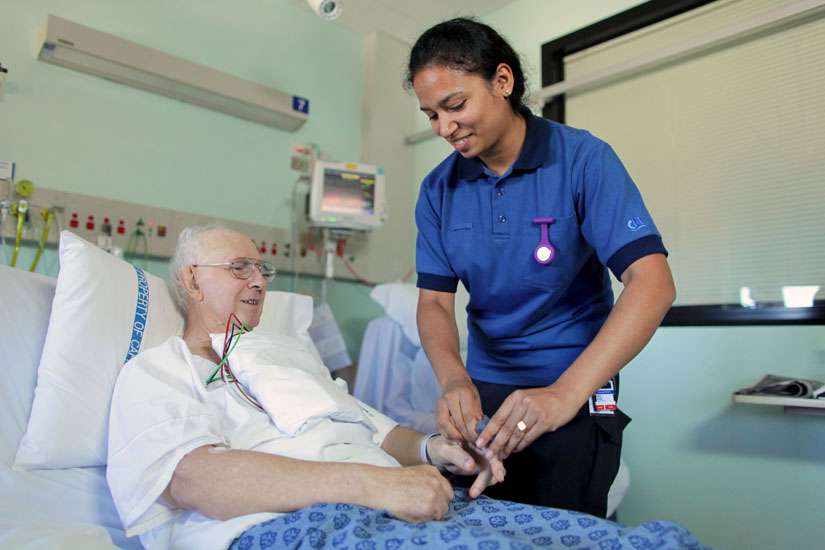But to Perrault, making that decision is a long ways away, and hopefully one he never has to make. In the meantime, he is doing all he can to prolong the time he has left.
Perrault is co-founder of Canadian Right to Try, whose 28 members from across the country all have terminal illnesses. In mid-November the newly-formed group emailed a letter to every MP urging the federal government to pass legislation that will give terminally ill patients the “right to try” unapproved treatments in the hopes that it will save their lives or at least lengthen them. It is hoping for a meeting with Health Minister Jane Philpott.
In its letter to MPs, Right to Try said the current “clinical trial system does not serve the needs of the terminally ill patient for whom there are no treatments or cures.”
The aim is to allow access to physician-directed pilot trials for people who have tried all other treatment options approved by Health Canada.The patient would have to give informed consent and would need a physician’s approval. The specializing physician would need to be with a hospital or research institution investigating a treatment or cure, and would not be liable for any injury or death associated with the trial. It would also be wholly financed by the patient.
“The conversation is focused on a very small percentage of the population who have absolutely zero option and their future is predetermined towards their death,” said the 35-year-old Perrault, an entrepreneur from London, Ont., who two-and-a-half years ago was diagnosed with ALS (amyotrophic lateral sclerosis), commonly known as Lou Gehrig’s Disease.
“I definitely want the right to try, I don’t want to die.”
Perrault has a hard time understanding why the right to live was shoved aside during the often painful debate surrounding medically-assisted suicide, which became legal in Canada in June following the Supreme Court of Canada’s 2015 Carter decision that overturned the Criminal Code’s blanket ban on assisted suicide, giving the federal government a year (later extended by four months) to come up with legislation to allow the procedure.
“I am frustrated the government has only supported or recognized the right to die and not the right to live,” he said.
But it did kickstart the battle for Right to Try.
“When (Bill C-14) passed it was a eureka moment,” he said. “If that’s what it takes then let’s get the legislation in place for Right to Try.”
 Jeffrey Perrault, co-founder of Right to Try Canada.
Jeffrey Perrault, co-founder of Right to Try Canada.
Things have been moving quickly since then, and MPs on all sides of the House of Commons have been receptive to Right to Try’s cause, as has Health Canada, said Perrault. More than 30 states in the U.S. have already passed Right to Try legislation.
It has also helped to have science on their side. Much of what Right to Try is proposing has been tried — successfully — for other illnesses.
“We need to ensure that we’re not trying to access any snake oil, any hocus-pocus drug. This is working directly with our leading universities and research institutions that are most of the times funded by the federal government, so terminally ill patients are trying to access the leading science in Canada,” he said.
“I agree with Health Canada that we need to protect terminally ill patients from the bogus science around the world that is trying to be sold to these poor souls, including me.”
Some of that research has been done in Toronto at Sunnybrook Hospital’s Centre of Excellence. Perrault notes an MRI-focused ultrasound method that directly breaks the brain-blood barrier that has been used successfully on cancer patients and has reduced tremors in people suffering from Alzheimer’s.
“We’re working with them now to allow ALS patients to adopt that,” he said. “You can clearly tell it’s not snake oil, it’s proven science that the federal government has spent millions of dollars on so far and it has shown positive steps in other patients. It’s never been tested with ALS patients.”
Much of what Right to Try stands for resonates with Alex Schadenberg, executive director of the Euthanasia Prevention Coalition of Canada. It’s a pretty simple concept, he believes.
“If you have a terminal condition and there is some experimental treatment that might be able to help you, why should you not have the right to try it, considering that if you ask for a lethal injection, you can have that?” said Schadenberg.
He has been on the frontline of the pro-life battle for decades and some of what Schadenberg sees boggles his mind. He related the story of a woman he met in Montreal who suffers from chronic pain. There is a Chinese channel-blocking pain reliever that helps her, but she has to travel to France to get it. The irony is that the drug is available in Canada to treat, among other things, drug addiction, but not her condition.
“There’s an answer to that problem yet it can’t be accessed here. It just doesn’t make any sense to me,” he said.
Yet Perrault refuses to get into a battle with the federal government. He said Right to Try will continue its collaborative, non-combative approach with Health Canada.
“It’s a positive campaign trying to provide solutions, not trying to yell out problems,” he said.
If all goes well, Perrault hopes to see legislation passed in 2017 “so I can stabilize and better the quality of my life.”
More information about Right to Try can be found at righttotrycanada.com.


